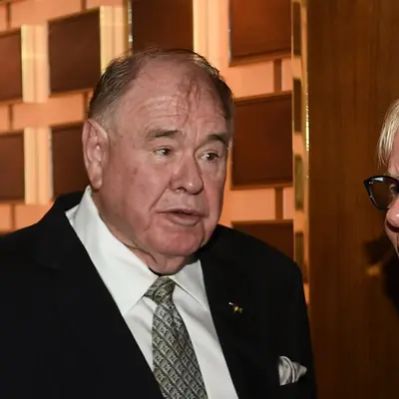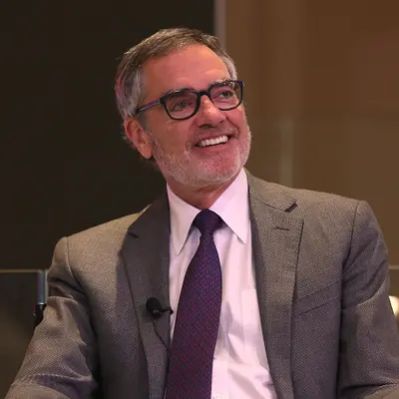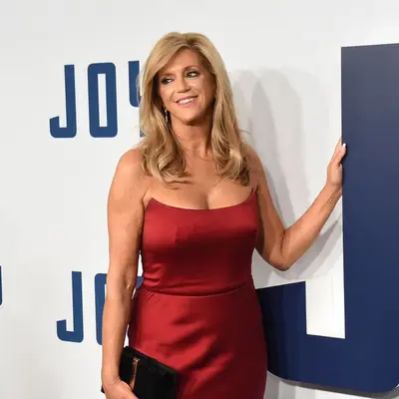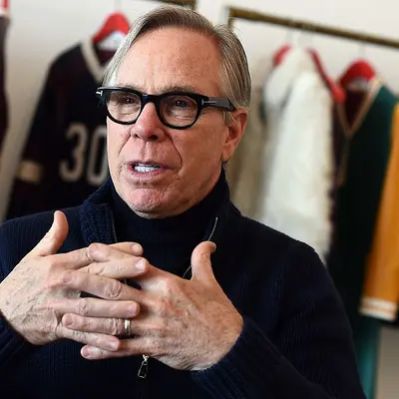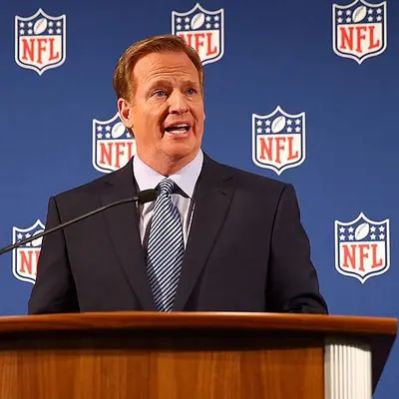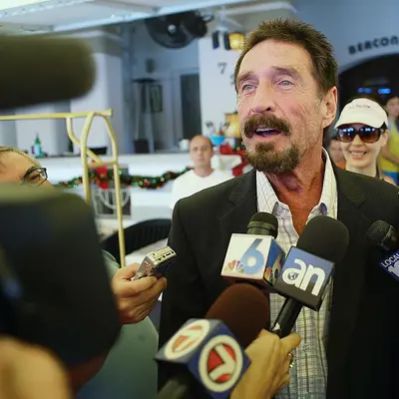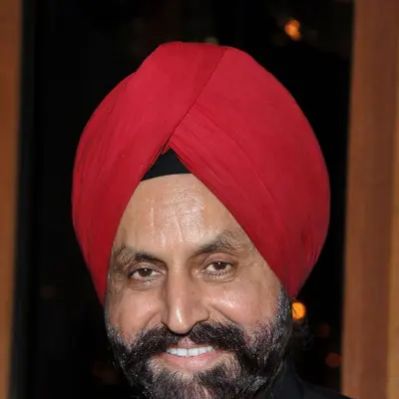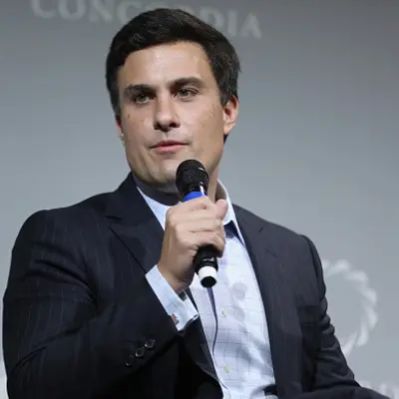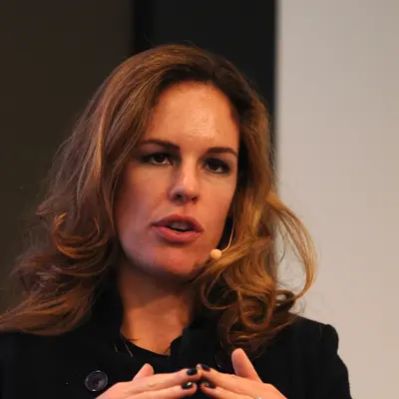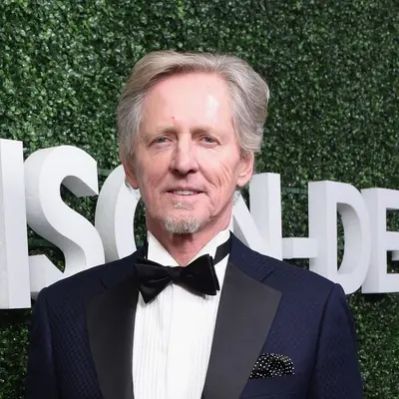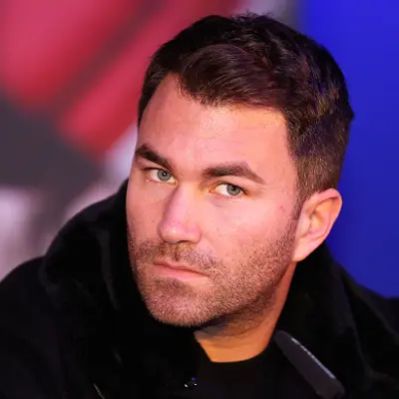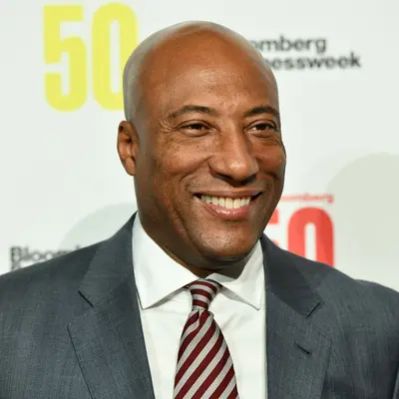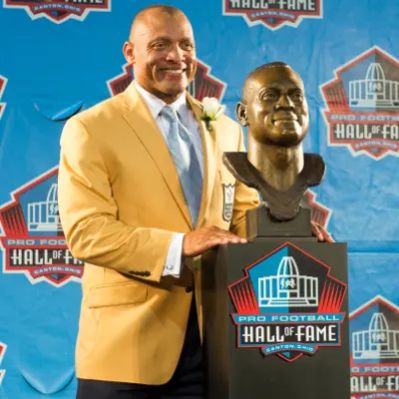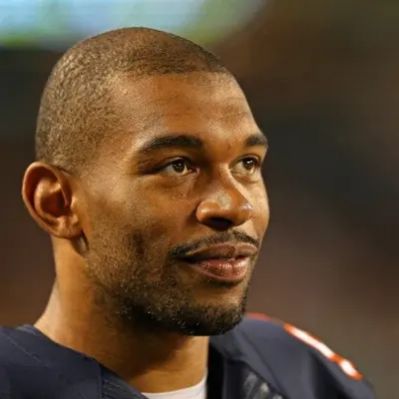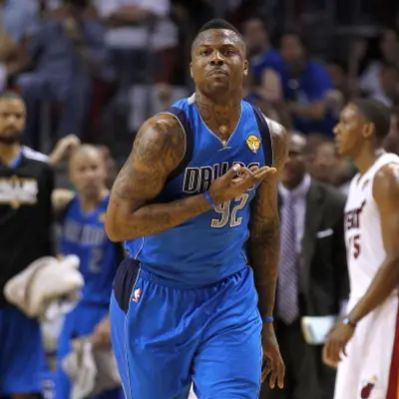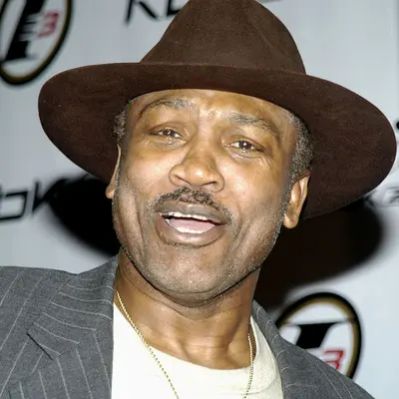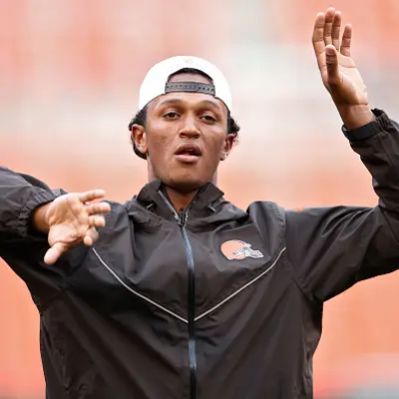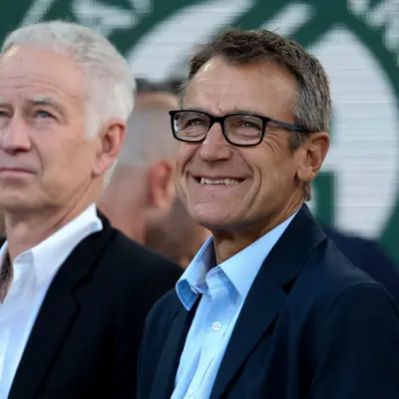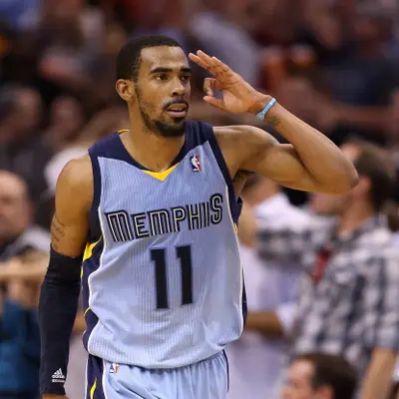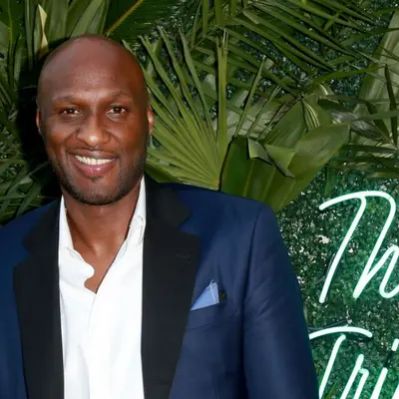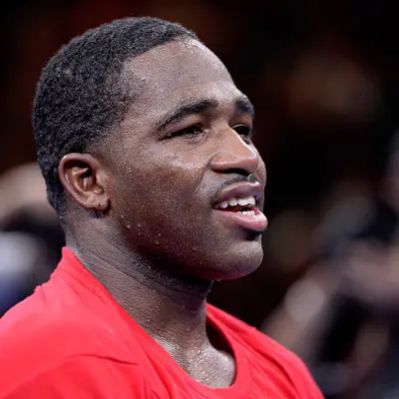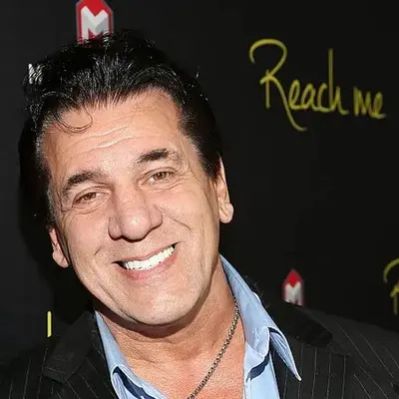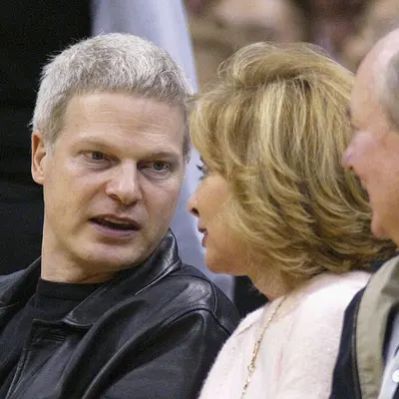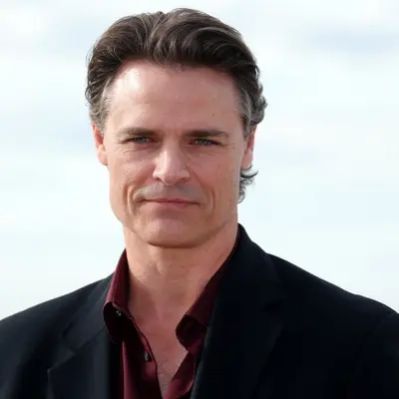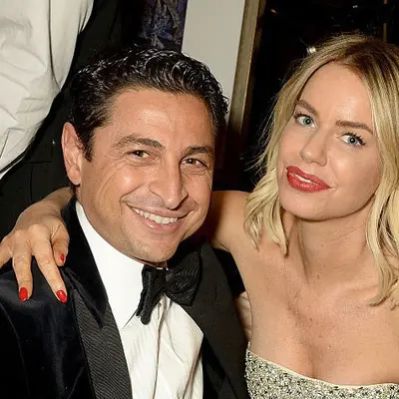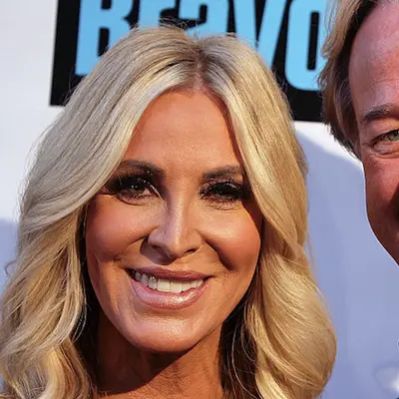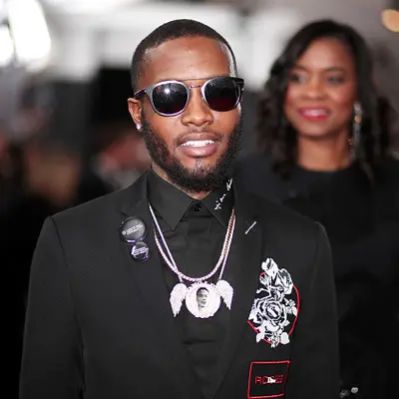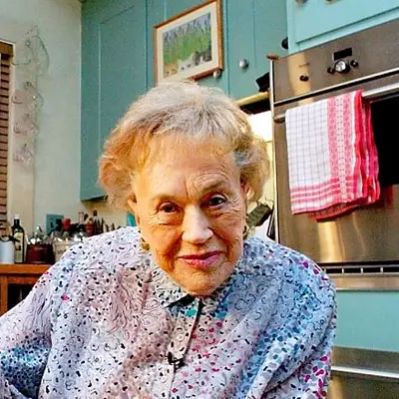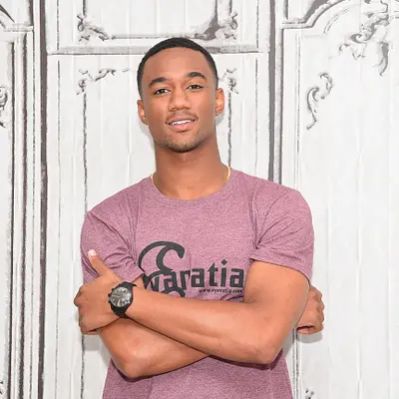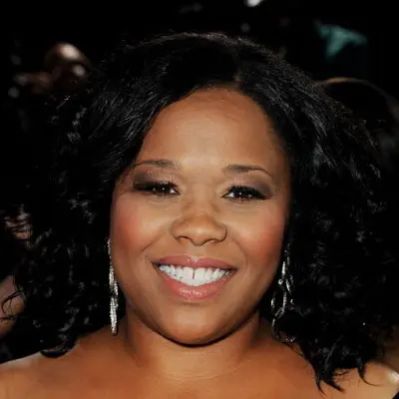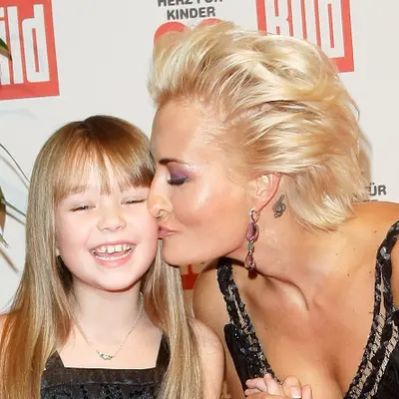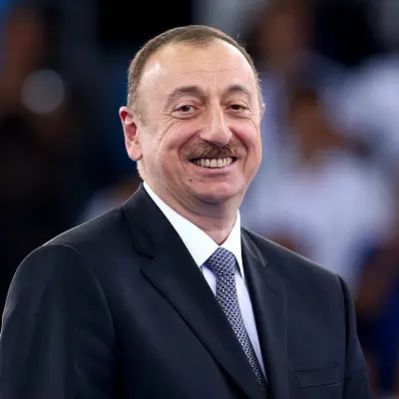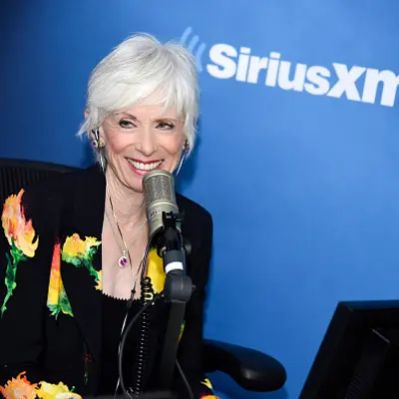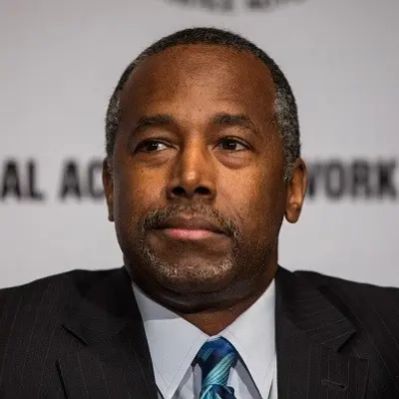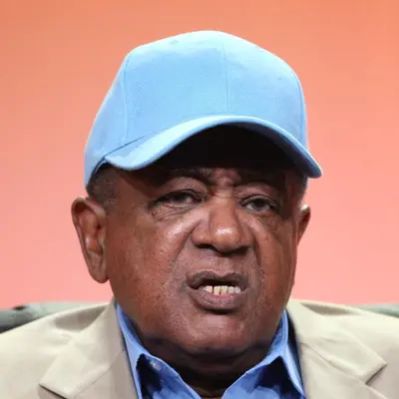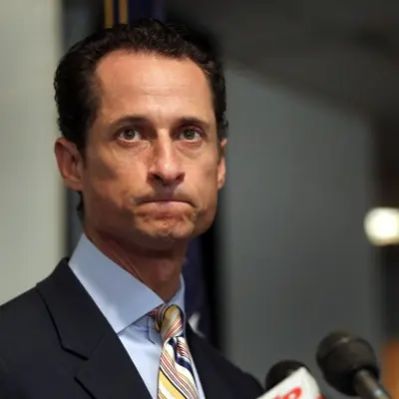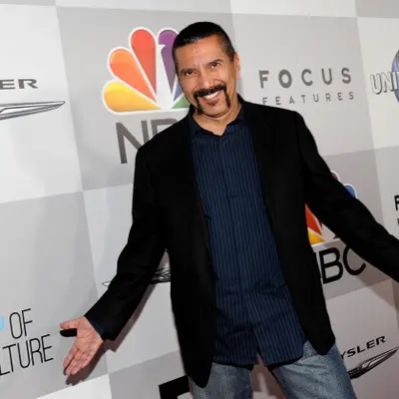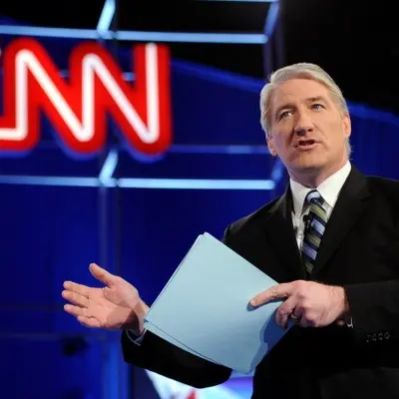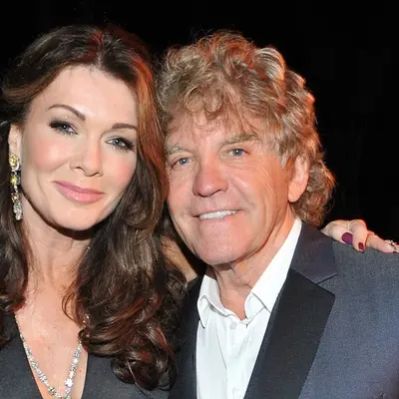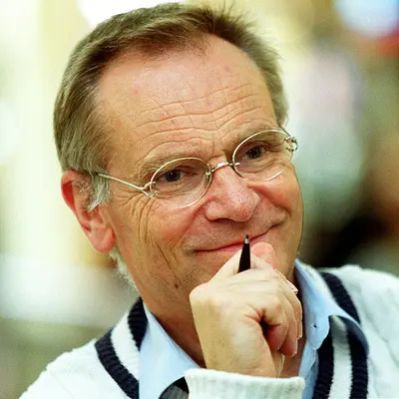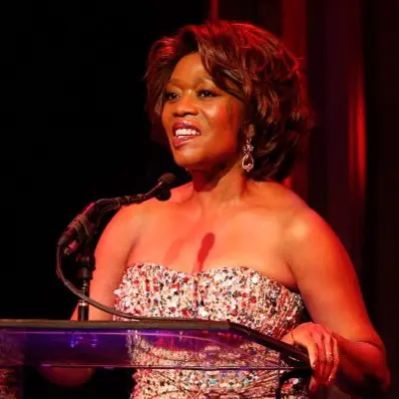What Is Mitchell Modell’s Net Worth?
Mitchell Modell, an American business executive, has an estimated net worth of $20 million. He is best known for his role as the Chief Executive Officer and President of Henry Modell & Company and Modell’s Sporting Goods. The Modell family has been involved in the sporting goods business since 1889 when Mitchell’s great-grandfather, Morris Modell, founded the company.
Early Career and Rise to CEO
Mitchell Modell started working for the family business at the age of 8. He gained experience outside of the family business, working for Filene’s Basement, before returning to Modell’s with new ideas and concepts. His father’s requirement was that he work a minimum of three years outside the company and get promoted once before being allowed back in. Mitchell took the helm as CEO in 2001 and navigated the company through an increasingly difficult market for brick-and-mortar retailers. He balanced brand loyalty with the needs of the fast-changing retail market.
Modell’s Sporting Goods: A Family Legacy
Founded in 1889 by Morris A. Modell, Mitchell’s great-grandfather, Modell’s Sporting Goods is recognized as America’s oldest family-owned and operated sporting goods company. Headquartered in Manhattan, the company at one time had over 4,000 associates and operated 155 stores across New York, New Jersey, Pennsylvania, Connecticut, Rhode Island, Massachusetts, New Hampshire, Delaware, Maryland, Virginia, and Washington, D.C. In 2007, the company’s annual revenue was approximately $635 million. Mitchell’s strategic maneuvers, such as acquiring Polly Brothers in 1987 and Herman’s in 1996, significantly expanded the company’s footprint and doubled its net worth, extending its reach to Philadelphia, the DC/Baltimore area, and New England.
“Undercover Boss” and Subsequent Changes
Mitchell Modell gained wider public recognition through his appearance on the CBS reality series “Undercover Boss.” The episode, which initially aired shortly after Hurricane Sandy, was re-aired in 2013. His participation in the show led to substantial changes in customer service practices and personnel shifts within Modell’s Sporting Goods. Since the episode aired, Mitchell also notably lost approximately 60 pounds, citing that his weight had become an impediment to performing his work-related duties effectively.
Financial Challenges and Restructuring
In February 2020, Modell’s Sporting Goods announced it was closing more than 15% of its stores and seeking outside investment to support the business. Mitchell Modell expressed his willingness to sell a minority stake in the company for the first time. On March 11, 2020, Modell’s Sporting Goods filed for Chapter 11 bankruptcy protection, announcing the permanent closure of all remaining stores. The COVID-19 pandemic further disrupted liquidation sales, forcing the temporary closure of brick-and-mortar stores. By the end of August 2020, all stores were closed. On August 20, 2020, Retail Ecommerce Ventures acquired the company’s assets for $3.6 million, transitioning Modell’s into a digital-only brand. In March 2023, Retail Ecommerce Ventures explored options to save itself, including a potential Chapter 11 bankruptcy filing, which would have marked Modell’s second bankruptcy in three years.
Philanthropic Endeavors
Mitchell Modell and Modell’s Sporting Goods have demonstrated a commitment to youth sports and healthy living. The company donated $1.5 million to local youth athletics and over $1 million in sporting goods equipment to organizations in need. Mitchell is also involved with The Crohn’s & Colitis Foundation (CCFA), serving as the Chairman of the annual CCFA Sports Dinner, which has raised over one million dollars annually. He also founded the Boston Chapter of CCFA in 1972.
Potential Future Ventures
In December 2024, Mitchell Modell, along with ex-Forever 21 executive Larry Meyer and Barnes & Noble ex-CEO Demos Parneros, was evaluating a potential deal to acquire Party City and Big Lots. According to reports, Modell planned to retain the retail brand names and shift manufacturing overseas, but would not invest any of his own money in the venture.
 Net Worth Ranker
Net Worth Ranker

